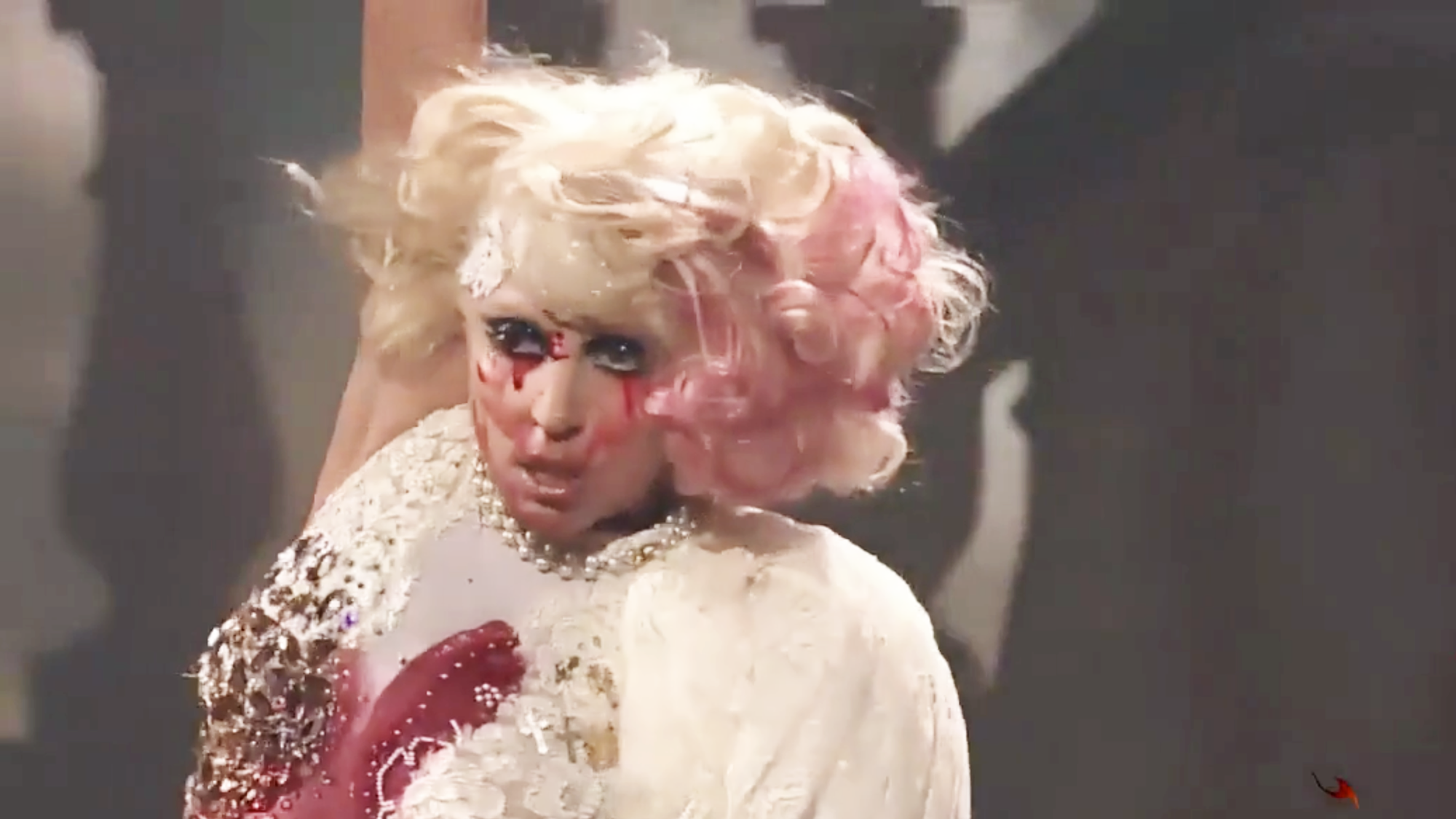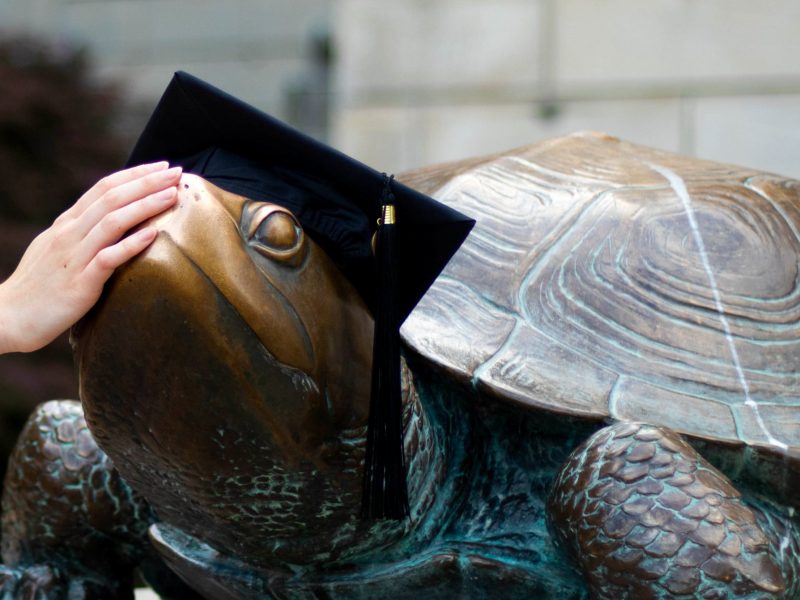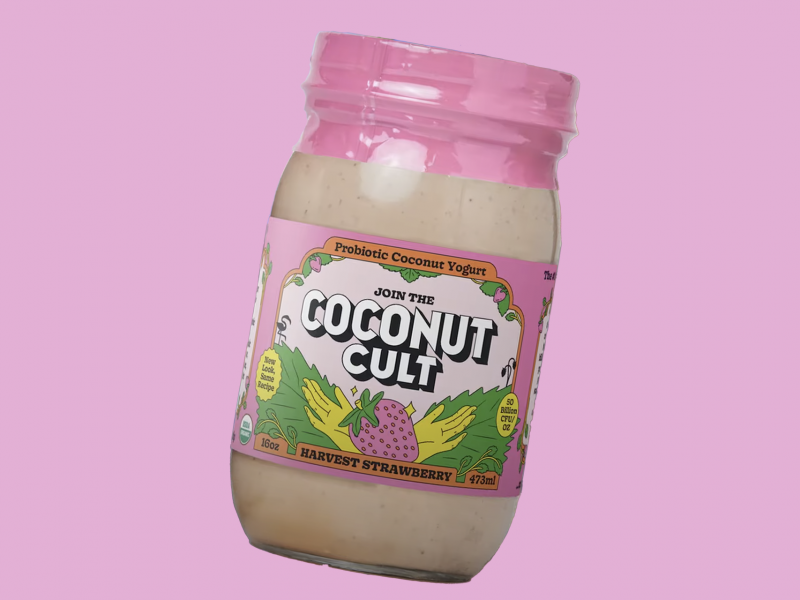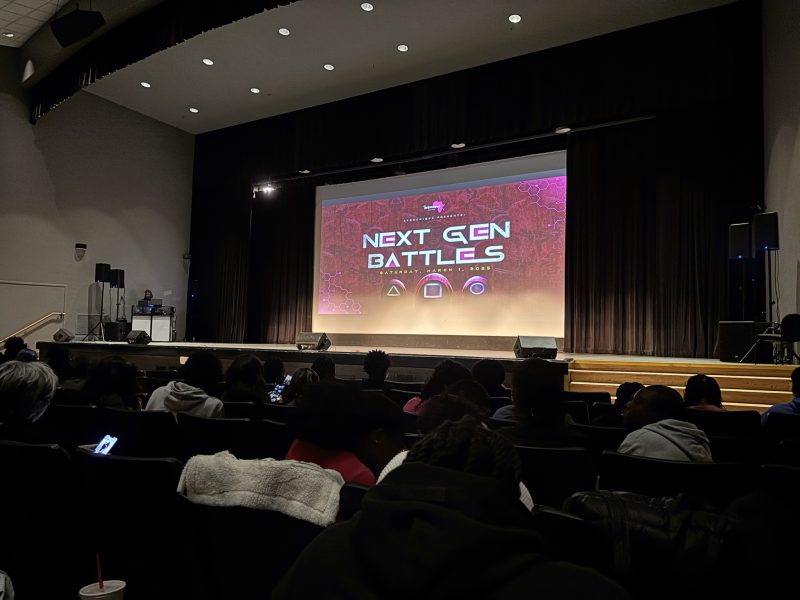Every September, MTV hosts “the biggest night in pop culture” — the Video Music Awards. The award show honors the best music videos, songs and artists.
The VMAs have become a staple award show. Since the event fosters a less formal, more outlandish format, viewers tune in to expect the unexpected from their favorite celebrities.
From iconic performances such as Madonna performing “Vogue” as Marie Antionette or Britney Spears performing “I’m A Slave 4 U” with a python to bold and daring looks such as Lady Gaga’s meat dress or Lil’ Kim’s one-breast-out purple jumpsuit, viewers are surprised with historic moments every time the award show airs.
Recently, VMA viewership has consistently declined across Viacom channels, according to statista.com. The show has lost the magic that once generated buzz. We no longer see moments such as Beyoncé announcing her pregnancy while performing “Love on Top,” or Lady Gaga bleeding while suspended mid-air and singing “Paparazzi.”
While memorable events in fashion and drama still happen at an artist’s own volition, there is a clear drought in moments that stand the test of time.
[Kacey Musgraves’ ‘star-crossed’ is a journey from heartbreak to healing]
When I reflect on famous VMA moments, I don’t think about Shawn Mendes and Camila Cabello holding viewers hostage to their uncomfortable intimacy in 2019. The most recent shocker I think of is when Nicki Minaj said, “Miley, what’s good?” in 2015 or Rihanna’s four separate performances for the Video Vanguard award in 2016.
The issue at hand lies in the new model pop star and a desperate cling to nostalgia.
The trope of the once-normal pop star is long gone. Stars no longer let fans sit with an album and absorb it — it’s instead milked for all it’s worth in merch, remixes and music videos. In 2021, if you’re not constantly saturating the market with your work, you might as well not even sing.
The only artist still following this convention is Dua Lipa, who just released her ninth music video, 10th if you include the music video for the “Don’t Start Now” remix from Club Future Nostalgia, the remix album for Future Nostalgia.
The VMAs and MTV have yet to adapt to the quicker pace of record-breaking releases. Instead, they’re stuck in the mindset of the 2000s where they could bet that if popstar A didn’t release anything, they could rely on popstars B, C and D to be nominees while pop star A presents the award.
Now, we keep seeing the same players nominated in the same categories they were nominated for in years prior. You can expect an Ariana Grande nomination, a Billie Eilish nomination, a BTS nomination and so on.
[Review: The Band CAMINO’s new album is honest and unguarded]
MTV has lost track of its original purpose: creating a space to highlight the happenings in music and pop culture. Instead, it’s become another network generating micro-celebrities born out of reality TV. And while MTV has recently brought back programs like TRL, these revivals don’t have the same commercial success they did in the ’90s.
MTV has failed to see the intertwining of pop culture and politics that riddles the current landscape. At the 2021 VMAs, the only mention of anything related to COVID-19 was when Justin Bieber made mention of the “COVID thing.”
While it’s not the explicit responsibility of the show to discuss current events, it can be read as incredibly tone-deaf to host an event that draws millions of spectators on social media and ignore the implications of the news. Now, it’s more important for fans to see their favorite artists participating in national discussions.
The awards show even failed to make note of political events that are happening in its own social sphere. There was no mention of Britney Spears’ unprecedented fight against her conservatorship. Britney Spears has objectively created some of the most iconic and referenced moments in VMA history, and for MTV to gloss over her recent struggle is not only irresponsible but disrespectful.
MTV’s issue is rooted in failing to recapture what made it great. MTV tries to emulate what built its legacy by returning to more music programming and reviving old shows instead of rebranding with its original message under a modern guise. Notice how a majority of iconic VMA moments used in marketing are typically moments from the 2000s.
It’s hard to picture the future of the VMAs and MTV. Each year, I tune in hoping to witness a cultural moment to discuss with my peers only to be let down. To celebrate MTV’s 40th birthday, I suggest they have an early mid-life crisis and rebrand.
CORRECTION: Due to an editing error, a previous version of this article’s photo caption attributed the screenshot to YouTube. The screenshot is from Vimeo. This caption has been updated.



